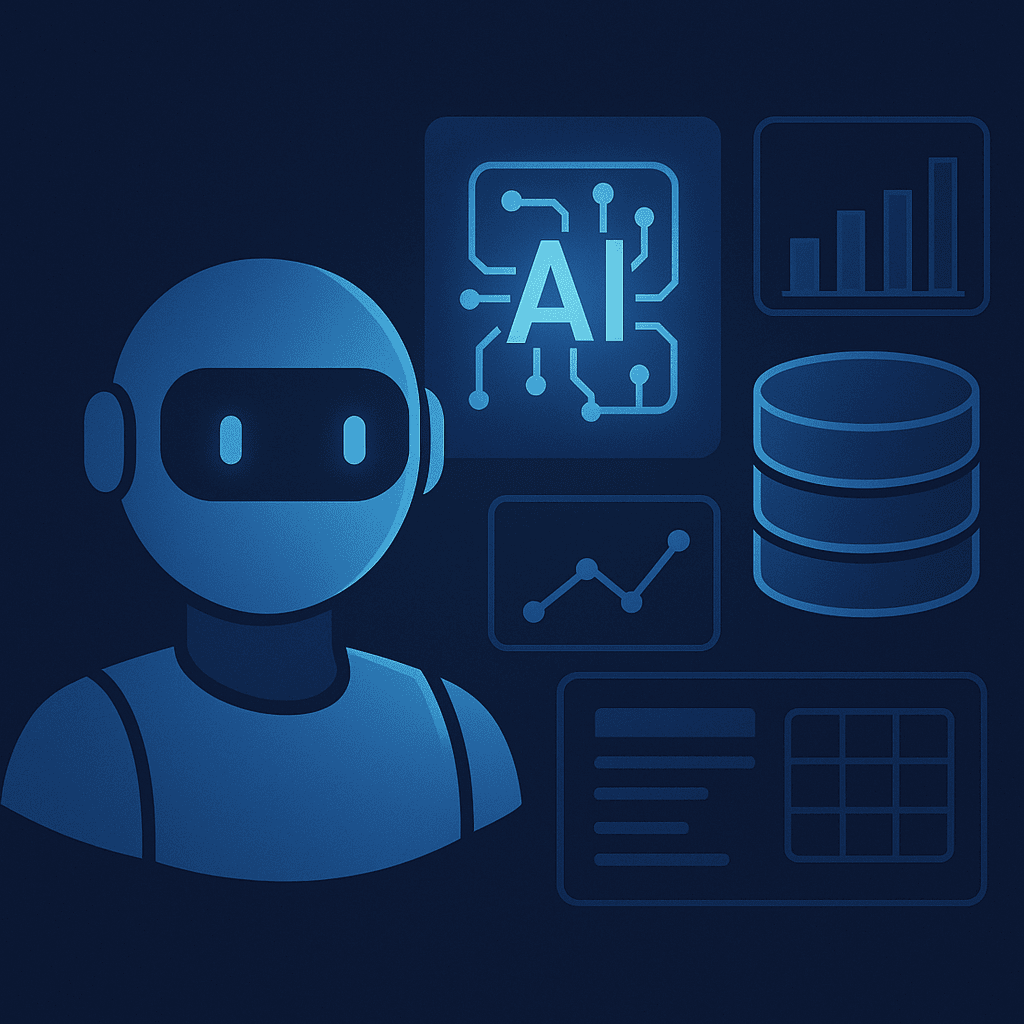
Over the past few years, theartificial intelligence (IA) is on everyone's lips. Every day, new solutions promise to transform the way we work, optimize our sales or reinvent customer relationships. But one question comes up often: Isn't AI just a fad?
Some even talk about a AI bubble, comparable to that of the blockchain or the metaverse. However, behind the media effect, the reality is more nuanced: AI will indeed become a permanent fixture in all businesses, provided you understand its invisible but essential base: The data.
Like any emerging technology, AI has generated a huge amount of enthusiasm:
Result: there is indeed a Speculation bubble around certain companies and AI projects. Many will disappear in the coming years, as happened during the dot-com bubble.
But that doesn't mean that AI itself is an illusion. On the contrary.
Unlike other fashion trends, AI is already integrated into daily life :
Les productivity and performance gains are too important to be abandoned. Tomorrow, all companies, SMEs as well as large groups, will use AI.
Before talking about sophisticated algorithms or models, let's recall the obvious: AI doesn't create value without data.
To be useful, an AI must be based on data:
Without this, the results produced by AI may be biased, useless, and even counterproductive.
Let's take a few concrete examples:
For AI to become a strategic lever, it is first necessary to work on three pillars of data:
Cleaning, de-duplication, harmonization of databases.
→ Example: standardize your customer bases to eliminate duplicates.
Enrichment, classification and addition of missing data.
→ Example: automatically categorize your products or transactions.
Implement tools capable of transforming data into strategic insights.
→ Example: smart dashboards, sales predictions, anomaly detection.
It is only once these steps are completed that AI can unleash its full potential.
So Is AI a trend?
The answer is no. Like the Internet or electricity in their day, AI will prevail in all businesses. But before reaping the benefits, an essential task is needed: prepare and make data reliable.
So the real question is not “Should we invest in AI? ”, but “Is your data ready for AI? ”